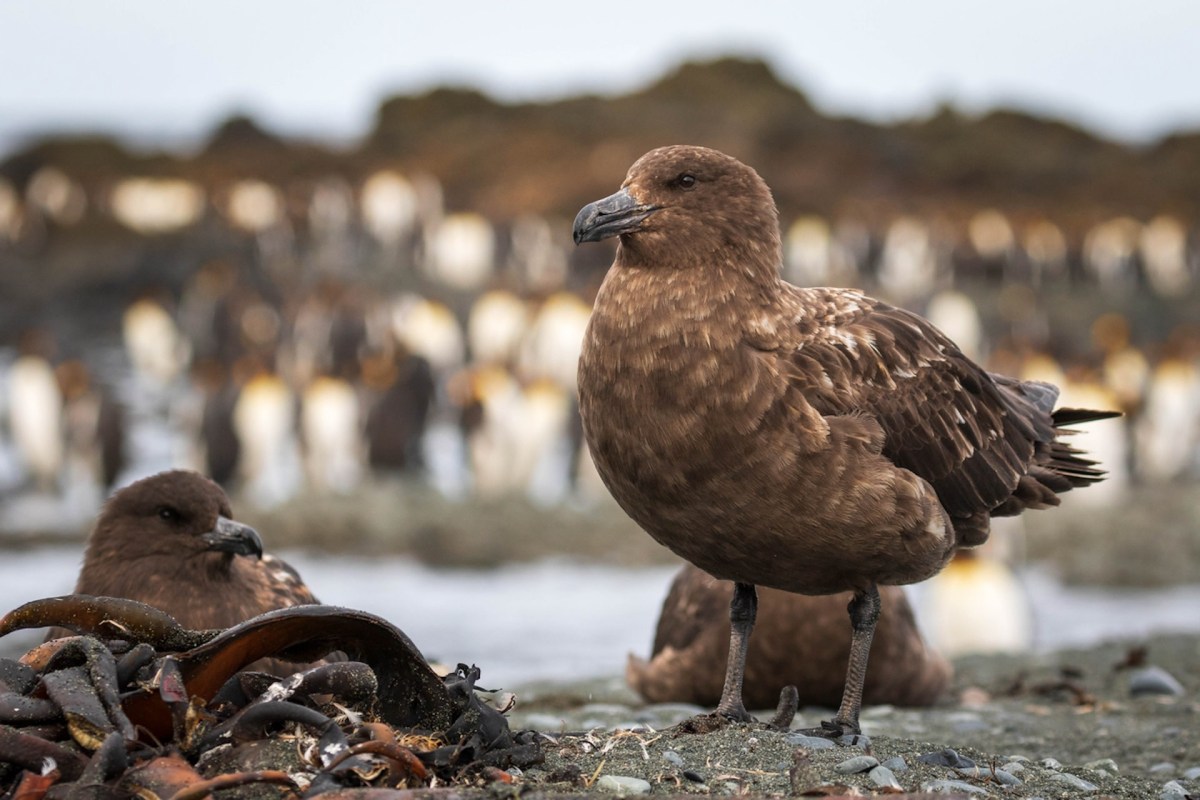The mass death of elephant seals and fur seals on South Georgia Island has troubled scientists, with the animals confirmed to have died after contracting bird flu.
What happened?
The Guardian reported that the seals died on the United Kingdom's overseas territory from the H5N1 virus, a highly contagious strain that has already killed vast numbers of birds.
Brown skua, a type of seabird, were among the first on the island to have known cases of H5N1, with the virus being detected in October. Since then, kelp gulls have also succumbed to the illness, and now seals are dying following symptoms including coughing, sneezing, tremors, and slow head shaking.
According to U.K. Animal and Plant Health Agency scientist Marco Falchieri, around 100 seals have died, with elephant seals accounting for the largest share.
"Emotionally it is almost heartbreaking to see so many dead seals," Falcheri told The Guardian.
Why is this so concerning?
The virus' jump from birds to mammals is the immediate worry, as it could mutate and put an increased number of creatures at risk.
"My worst fear is an adaptive mutation to mammals, which we are not seeing in these new samples, but we need to keep monitoring," Falcheri said, adding that if it does become increasingly adapted to mammals, that makes it more likely humans could soon contract a similar virus strain.
The event in South Georgia isn't the first time the virus has spread to mammals. As The Guardian detailed, a polar bear died in Alaska from bird flu in December 2020, while around 20,000 sea lions have also died in Chile and Peru after contracting the virus.
With more animals becoming susceptible to bird flu, likely spread through the excrement of sick birds or animals that come in contact with infected bird carcasses, the impact on the ecosystem could be devastating.
What can be done about bird flu risks?
A warming climate can alter bird migratory patterns, meaning the virus could spread to unexpected areas. With this potentially putting more animal species in the path of infected birds, there is an increased chance of mutations.
Reducing planet-warming emissions, then, is so important to limit the chances of the virus' circulating.
On the subject of birds, avoiding short-haul flights could be a way to minimize your personal polluting impact. Taking the train would be a much more planet-friendly way to travel long distances — and it might be easier than dealing with airport hassle, too.
In fact, a number of countries are looking at increasing sleeper train routes to provide a comfortable, efficient way to travel overnight.
Join our free newsletter for weekly updates on the coolest innovations improving our lives and saving our planet.









